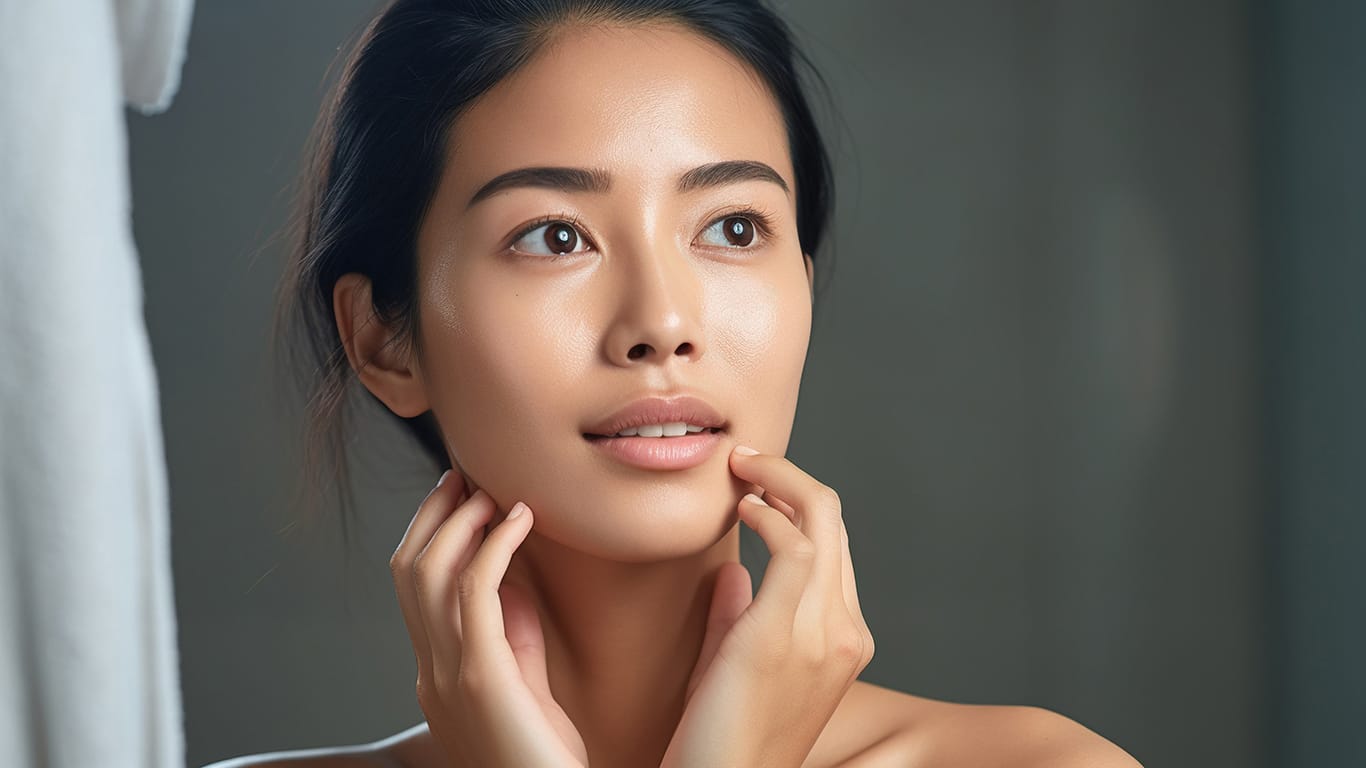Korea is the plastic surgery capital world – and skincare has taken the world by storm! Social media channels are filled with influencers speaking about the snail mucin, collagen masks, and 10 step skincare regimens for the infamous “glass skin.” I recently was lucky enough to visit Korea and learn more firsthand about Korean skincare as both a physician and a consumer.
MORE NEWS: 20 of the best summer staycation deals in Arizona
Below are commonly asked questions about Korean skincare.
Why is Korean skincare so popular right now?
Korean skincare is trendy – videos of beautiful influencers with “glass skin” are all over social media. Many watchers are attracted to the idea of a multi-step skincare routine. This may be because it feels more luxurious – every day is like a spa day when your skincare routine has 10 steps.
Korean skincare is novel – in the US we tend to emphasize the same active ingredients. These ingredients are repetitive in many different brands and product types. Korean skincare tends to use more botanical-based ingredients.
Korean skincare is fun – the packaging is colorful and unique.
We all want to have beautiful skin, like many Koreans do! Korean culture emphasizes sun protection from a young age, which I think contributes to the beautiful skin found in that culture. When we see media showing off these beautiful complexions, we want the same for ourselves!
But is Korean skincare worth the hype?

Korean skincare can be worth the hype if you are purchasing products that work for you and your skin type. People with sensitive skin may not be suited to using a 10-step routine but may find that Korean sunscreen works better for them than western sunscreen.
What should I know before I buy?
Doing research and reading ingredient lists is important. While sunscreens are regulated by the FDA in the US, the Korean sunscreens are not regulated by our FDA.
As mentioned above, I find that there are less “active” ingredients in Korean skincare.
The multistep regimens touted on social media are often time and energy consuming.
Before and after photos on the web can be altered. Results can be exaggerated.
Remember, sun avoidance is an important part of the Korean culture and contributes to beautiful skin.
What are some unique ingredients in Korean skincare?
Ingredients that I find interesting/promising are listed below. Studies conducted in humans are needed to validate the benefits of these ingredients:
Ginseng – antioxidant and derivatives may stimulate circulation, resulting in healthier skin
Galactomyces – yeast that may brighten skin
Centella Asiatica (CICA) – antioxidant that may make the skin healthier
So…what products may be worth the hype?
Of all the Korean skincare products available, I think the sunscreens may be worth trying. The Korean sunscreens are often very budget-friendly and have a nice, smooth consistency that makes the products easy to apply.
In addition, the chemical filters, which help the sunscreens to be effective, may be more effective compared to those used in the US sunscreens.
Korean (and Japanese) sunscreens use a rating system for UVA rays (SPF tells us how effective a sunscreen is at blocking harmful UVB rays). The rating system is PA+ – the more pluses, the more protection from UVA.
What are some reliable sources for Korean skincare products?
I would not buy products from Amazon or eBay (unless the distributor partners directly with Amazon). Some reliable sources for Korean skincare are:
Olive Young
Yesstyle
Stylevana
Sasa.com
Jolse
Editor’s note: This article is brought to you in collaboration with Scottsdale Professionals Collective.
Author: Brenda LaTowsky, M.D. is the founder of Clear Dermatology and is Board Certified by the American Board of Dermatology. Her professional memberships include the American Academy of Dermatology, American Society for Dermatologic Surgery, American Society of Laser and Medicine, and Women’s Dermatologic Society. Dr. LaTowsky focuses on both medical and cosmetic dermatology. Her passion for medical dermatology includes preventive skin cancer screenings, surgical procedures to treat skin cancers, mole and skin tag removal, psoriasis, rosacea, and eczema. Additionally, she finds the treatment of acne and acne scarring very rewarding.




